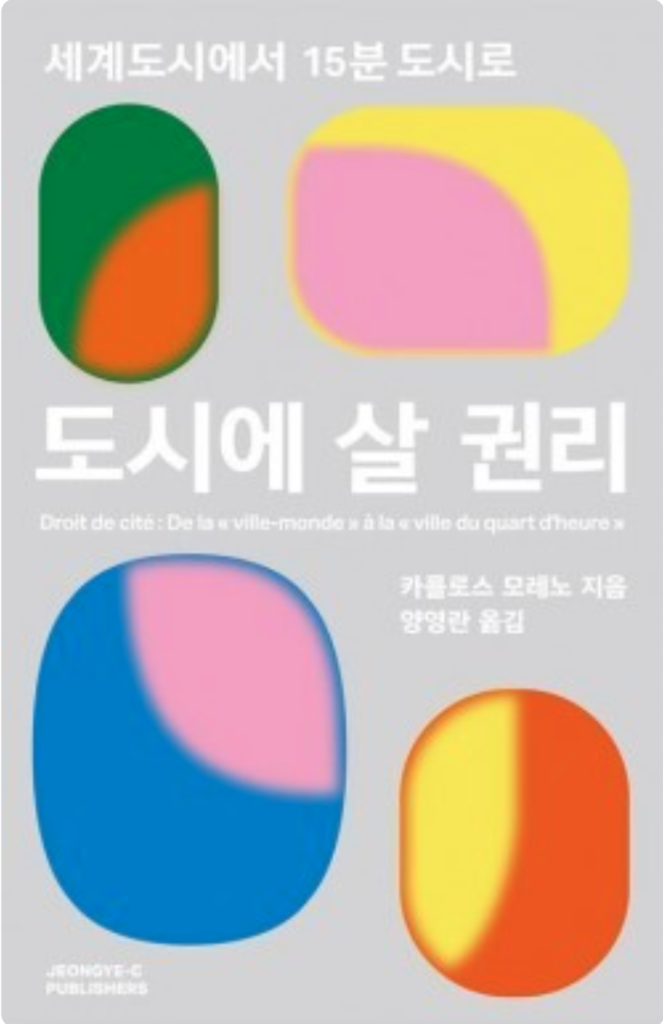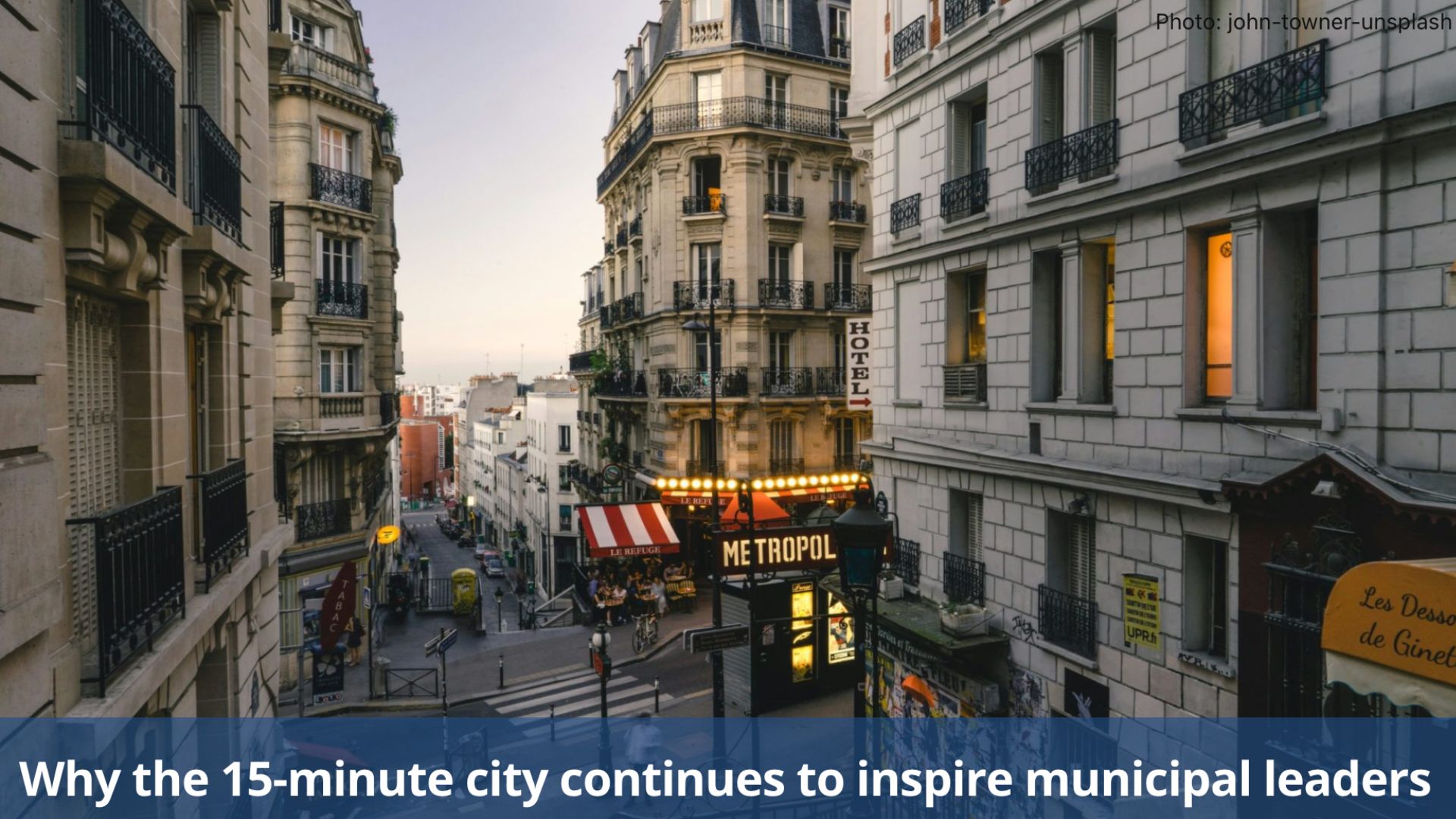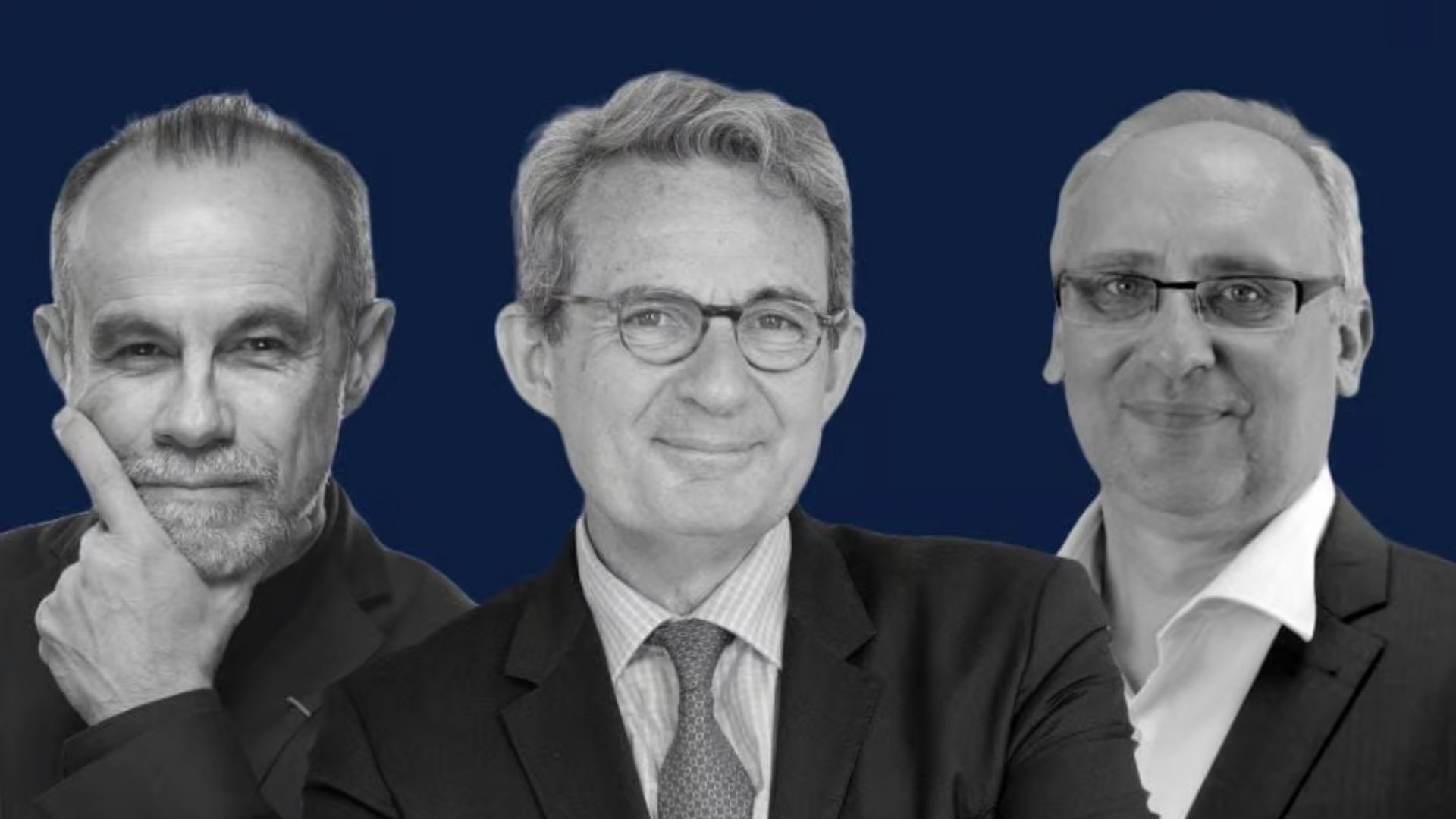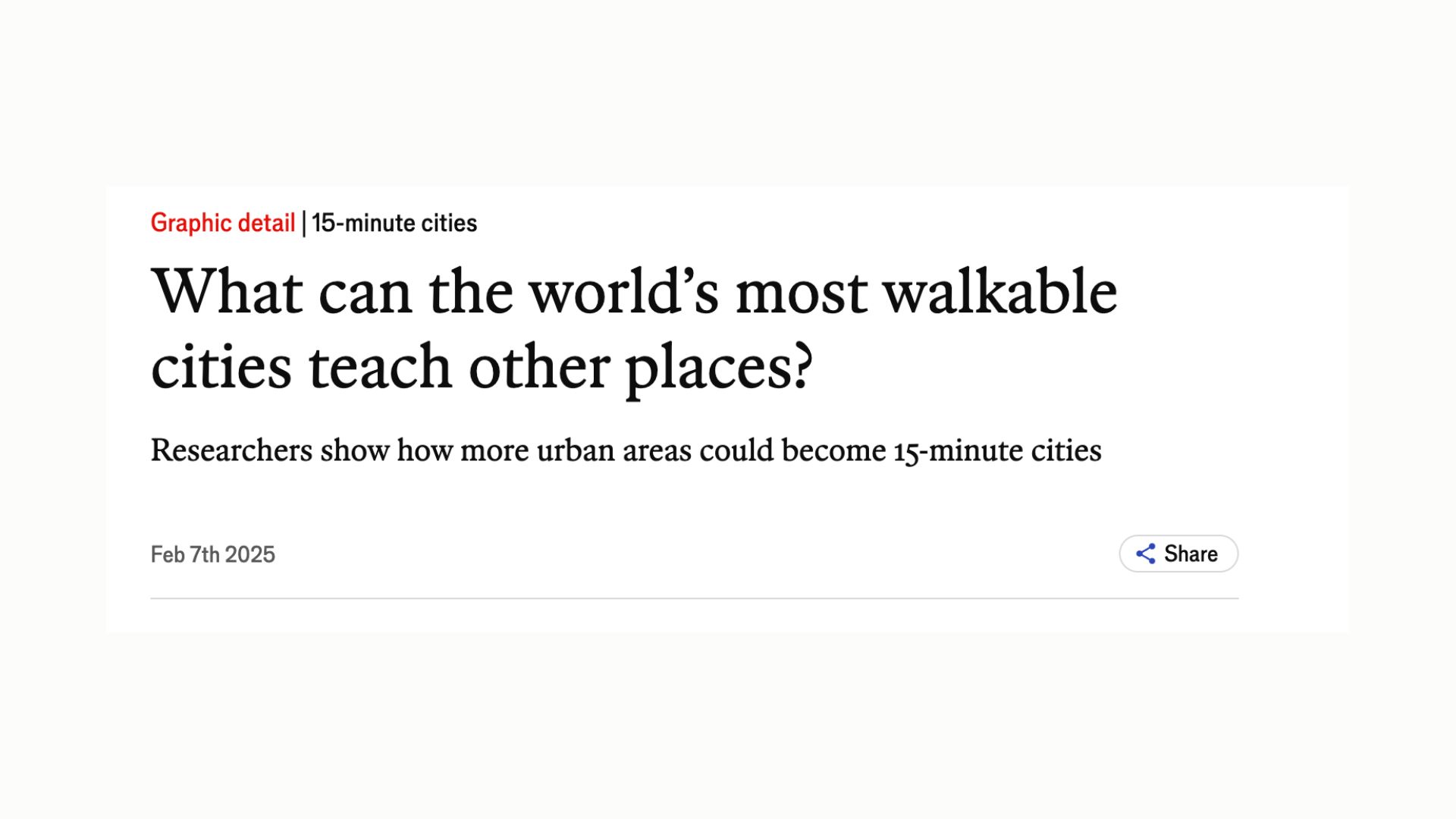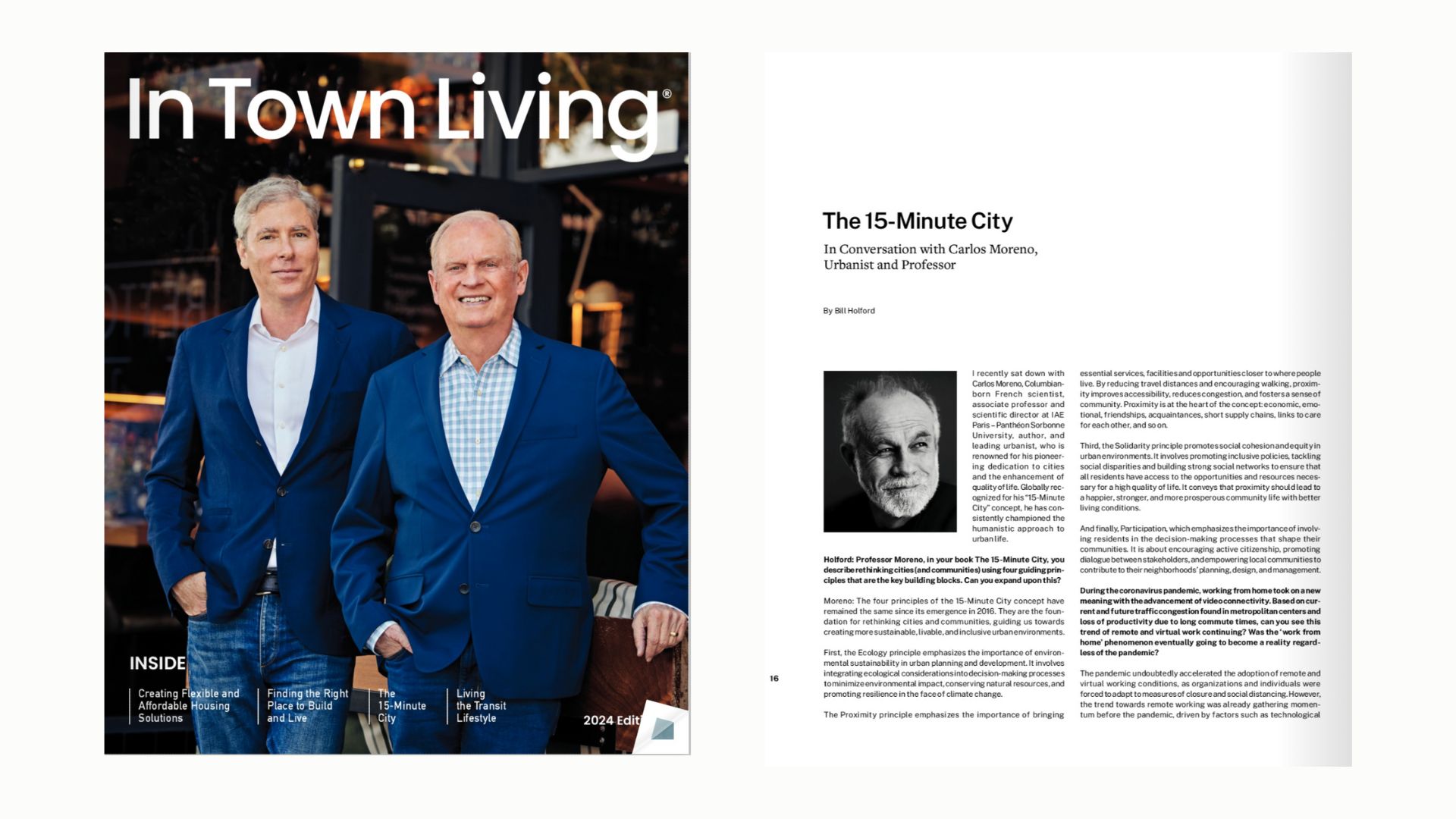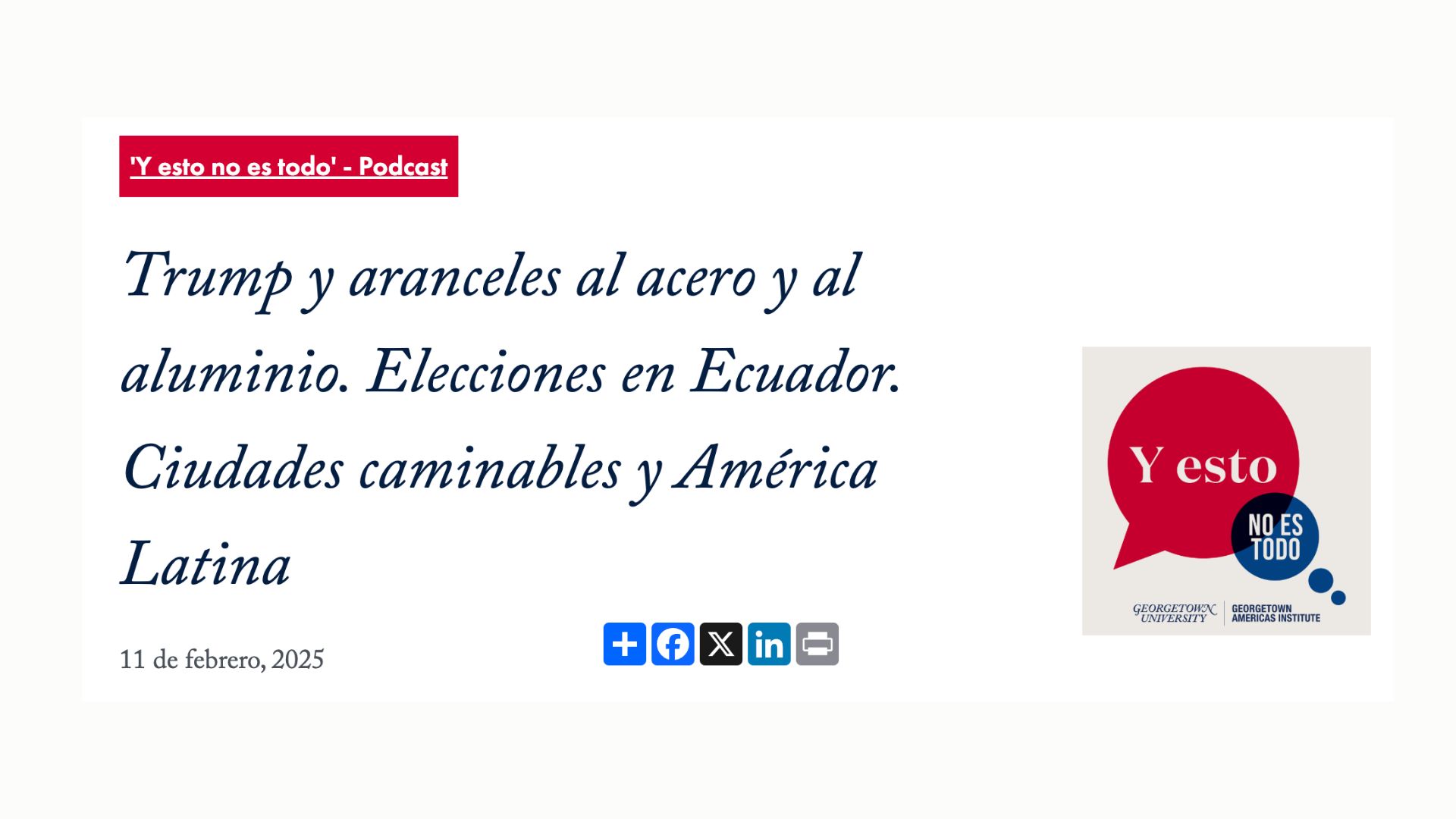‘15분 도시’ 창시자 카를로스 모레노
‘복잡한 유기체’ 도시를 지속 가능하게
시간에 따라 달라져야 할 도시계획
“코로나19를 새로운 기회로 삼아야”
“15-minute City” Creator Carlos Moreno on Making Cities Sustainable Organic Entities.
More than half of the world’s population lives in cities. People who are born and raised in cities find it difficult to imagine life outside the city. Among apartments and high-rise buildings, finding their identity in the harsh air becomes the daily life of city dwellers. We are small beings who have to “endure” in a city that is a hotbed of exclusion, environmental pollution, and various accidents. Fortunately, there is a movement to change the city. “The right to live in the city,” a book by Carlos Moreno, a complex system researcher and systems scientist who created the “15-minute City” concept, provides solutions to the problems cities face in various fields such as ecology, economy, and society.
The author begins his argument by positively affirming the city. According to him, the city is a “witness that effectively conveys the eternal narrative of humanity more than anyone else.” However, that does not mean that the city is a utopia. The author emphasizes that no one can live like a human in a “socially and spatially decentralized and fragmented city.” The reality of the poor who are weak in the city, who must experience war and epidemics with their whole body, cannot be fully described. The author emphasizes that we should now ask, “How can we rediscover the way to a balanced urban life that is ecologically, socially, and economically balanced?” Only then can we discover the path to the “city for all.”
The beginning of a new way to change the city should start with an understanding of the city as a “complex organism,” that is, “listening to the city, finding the rhythm and breathing of the city generated over a long flow.” Therefore, “preventing the separation of the city’s body and soul and prioritizing the quality of life over any technological achievement” should be an important value. The reason why the author values these values is that he seeks a “city as a sanctuary” that pursues humanity. “In broader terms, this is the right to be different from others, the right to live in the city, the right to love the man or woman each person chooses, and the right to breathe in a healthy environment.” Therefore, the author proposes the “15-minute City” concept, which is a city where everyone can satisfy their basic needs within a 15-minute walk, as a new city paradigm.
